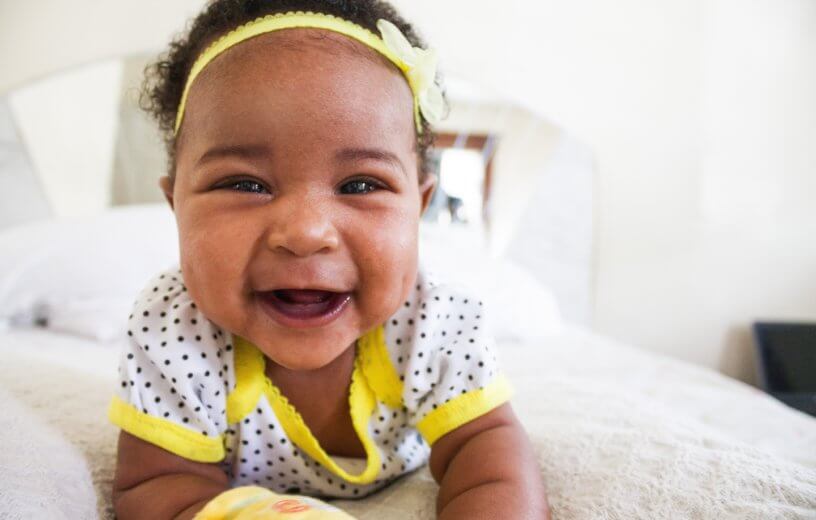CHARLOTTESVILLE, Va. — Parents are constantly asking each other, who did my baby learn that behavior from? Although children will certainly pick up qualities from mom and dad, a new study finds the traits that will define an infant’s behavior start forming at birth.
A team from the United States and Germany say neural connections in the brain which determine a baby’s unique behavioral traits are already active and working from the day they’re born.
“Our main findings show that soon after birth, greater connectivity between frontal and parietal brain regions is linked to improved behavioral regulation in human infants,” explains co-author Dr. Toby Grossmann, from the University of Virginia and the Max Planck Institute for Human Cognitive and Brain Sciences, in a media release.
Understanding three important networks of the brain
There are still several mysteries regarding how our brains develop and function as we grow. Researchers say one of the keys to human behavior and good mental health is functional connectivity. This is the coordinated activity between the different brain regions, regardless of how close they are to each other or the neural connections they share. When functional connectivity changes, it can signal the onset of various mental health disorders, including depression, eating disorders, and schizophrenia.
Study authors note that good mental health relies on three functional brain networks. The first is hypo-connectivity in the frontoparietal network, which helps the brain to control emotions and attention.
The second is hyper-connectivity within the default mode network, which plays a role in social understanding and mind wandering. The third is hypo-connectivity in the homologous-interhemispheric network, which helps to regulate human emotions.
What’s going on in a baby’s mind?
Researchers focused their study on achieving two main goals. First, identify and map out the differences between these three networks in newborns and one-month-old babies. To do this, the team used a special headcap to measure brain activity — a process called functional near-infrared spectroscopy. Next, researchers set out to answer how these differences predict the unique traits of a baby’s behavior and temperament.
Grossmann’s group focused on three specific aspects of an infant’s temperament: regulation (cuddliness and their ability to be calm down), negative emotionality (fear, sadness, and distress over their limitations), and positive emotionality (the amount they laugh or smile, their activity level, and vocal reactions). The team also asked parents to fill out questionnaires examining all these aspects during their study.
Results show functional brain networks which define human behavior start developing within the first month of life. Study authors were able to examine the functional connectivity in these three brain networks and discovered noticeable differences from child to child.
“To our knowledge, this is the first study, to demonstrate that connectivity for this specific brain network develops early in human infancy and plays a role in accounting for individual differences in emerging self-regulation and control skills among infants,” Dr. Grossmann adds.
“There is a whole host of psychiatric disorders that have been associated with differences in functional connectivity in the brain networks examined in young infants in our study. Previous research implicates more extreme individual differences in these networks studied here in a group of typically developing infants to adults suffering from major depression. But it remains an open question whether the demonstrated link between brain and behavior in early infancy is predictive of long-term developmental outcomes including psychiatric diseases.”
The findings appear in the journal Frontiers in Psychiatry.
